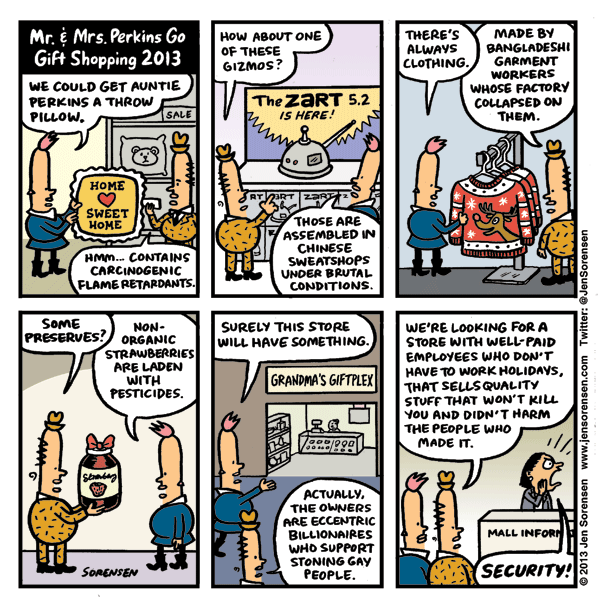Here are some holistic ways of managing your mental health. Some of
these are simply common sense. Some of them I have tried to incorporate
into my own lifestyle, and I do struggle with some of these (such as
negative thoughts).
Learn ways to cope with negative thoughts
Negative
thoughts can be insistent and loud. Learn to interrupt them. Don’t try
to block them (that never works), but don’t let them take over. Try
distracting yourself or comforting yourself, if you can’t solve the
problem right away. You might want to try focusing on an issue in a more
balanced way (e.g. - try looking at all sides of an issue rather than
from just one point of view).

Do one thing at a time
For
example, when you are out for a walk or spending time with friends,
turn off your cell phone and stop making that mental “to do” list. Take
in all the sights, sounds and smells you encounter.
Exercise
Regular
physical activity improves psychological well-being and can reduce
depression and anxiety. Joining an exercise group or a gym can also
reduce loneliness, since it connects you with a new set of people
sharing a common goal.
Enjoy hobbies
Taking up a hobby
brings balance to your life by allowing you to do something you enjoy
because you want to do it, free of the pressure of everyday tasks. It
also keeps your brain active.
“Collect” positive emotional moments
Make it a point to recall times when you have experienced pleasure, comfort, tenderness, confidence, or other positive emotions.
Set personal goals
Goals
don’t have to be ambitious. You might decide to finish that book you
started three years ago; to take a walk around the block every day; to
learn to knit or play bridge; to call your friends instead of waiting
for the phone to ring. Whatever goal you set, reaching it will build
confidence and a sense of satisfaction. Writing the goal down, giving
yourself a timeline, and telling others about your goals can all
increase your chances of success.
Do new things/challenge yourself
Challenging yourself can help to increase your motivation and to set personal goals.
Keep a journal (or talk regularly to loved ones!)
Expressing
yourself after a stressful day can help you gain perspective, release
tension and even boost your body’s resistance to illness.
Share humour
Life
often gets too serious, so when you hear or see something that makes
you smile or laugh, share it with someone you know. A little humour can
go a long way to keeping us mentally fit!
Volunteer
Volunteering
is called the “win-win” activity because helping others makes us feel
good about ourselves. At the same time, it widens our social network,
provides us with new learning experiences and can bring balance to our
lives.
Treat yourself well
Cook yourself a good meal.
Have a bubble bath. See a movie. Call a friend or relative you haven’t
talked to in ages. Sit on a park bench and breathe in the fragrance of
flowers and grass. Whatever it is, do it just for you.
Ask for help
Learning
to set boundaries and say no is a very important skill for mental
health as is asking for help. In addition to help from family and
friends and mental health services, you may find that some of your
problems can be solved with help from community agencies. Sometimes,
practical help such as home nursing care, Meals On Wheels or subsidized
door-to-door transportation for people unable to walk, will greatly reduce the stress in your life.
How You Can Learn More
Many
communities have information centres that produce lists of available
services, which you can view at social service agencies or public
libraries. Other possible sources of information include:
• books about your problems, available at your public library or local bookstore
• films, videos and audio tapes
• courses and workshops offered through community centres, secondary schools, colleges and universities
• other people you admire for their ability to find balance
Learn more by visiting www.MentalHealthWeek.ca





 Me every damn year
Me every damn year
 Robot Hugs
Robot Hugs
























